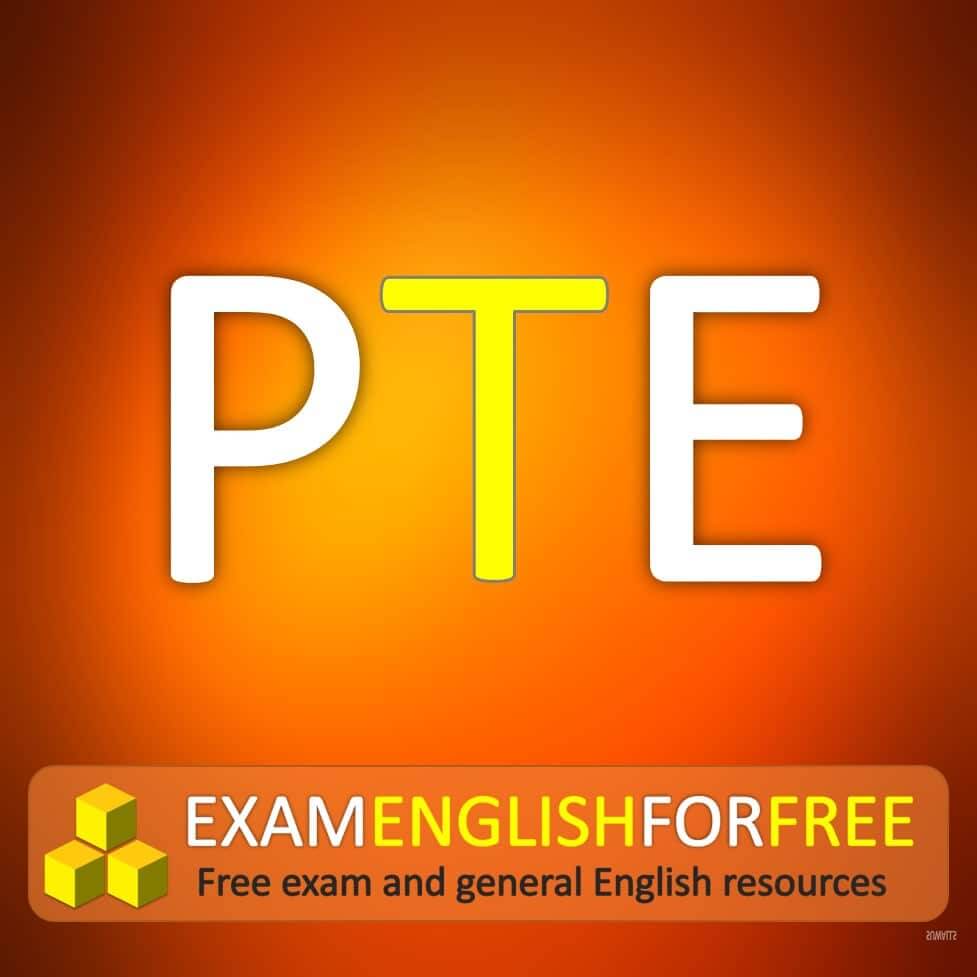 A wide range of active vocabulary is absolutely essential to get a good result in the PTE test, as it will help in all sections of the test. On this page, we will look at 5 ways to deal with unknown vocabulary in the PTE test.
A wide range of active vocabulary is absolutely essential to get a good result in the PTE test, as it will help in all sections of the test. On this page, we will look at 5 ways to deal with unknown vocabulary in the PTE test.
One issue that is often overlooked is the need for passive vocabulary skills for the reading and listening. Often the answers are ‘hidden’ by using parallel expressions, synonyms and indirect constructions. That’s why it is essential to have not only a good vocabulary but a clear plan how to improve.
When you meet new vocabulary, don’t panic! Avoid jumping straight to your dictionary – here are five pointers that can help you.
Here are the 5 ways to deal with unknown vocabulary in the PTE test:
1 Context. Read the passage below. What do you think the word in italics means?
In every country you visit, you will find a sport that captures the passions of the nation. New Zealand has its rugby supporters, England has its legions of football fans, the Japanese have taken baseball to their hearts and Scotland still proudly supports its curling heroes.
Click here to see the explanation2 Contrast. Read the passage below. What do you think the word in italics means?
It should come as no surprise that younger people spend much of their leisure time on their feet, engaged in energetic activities, whereas older people opt for more sedentary pursuits like going to the theatre or watching television.
Click here to see the explanation3 Explanation. Read the passage below. What do you think the word in italics means?
There are many examples of the cooperation between people and dogs. Guide dogs, for example, give essential assistance to the blind, while beagles, small dogs with short legs, are often used by hunters.
Click here to see the explanation4 Word groups. Read the passage below. What do you think the word in italics means?
In my opinion, boxing is an abhorrent sport. Modern society should be opposed to such violent contact sports.
Click here to see the explanation5 Logic. Read the passage below. What do you think the word in italics means?
Although technology has made mountain climbing both safer and easier, it is not a sport without risks. Bad weather can come quickly and last for long periods and the effects of severely cold weather can lead to hypothermia and, if untreated, death.
Click here to see the explanation